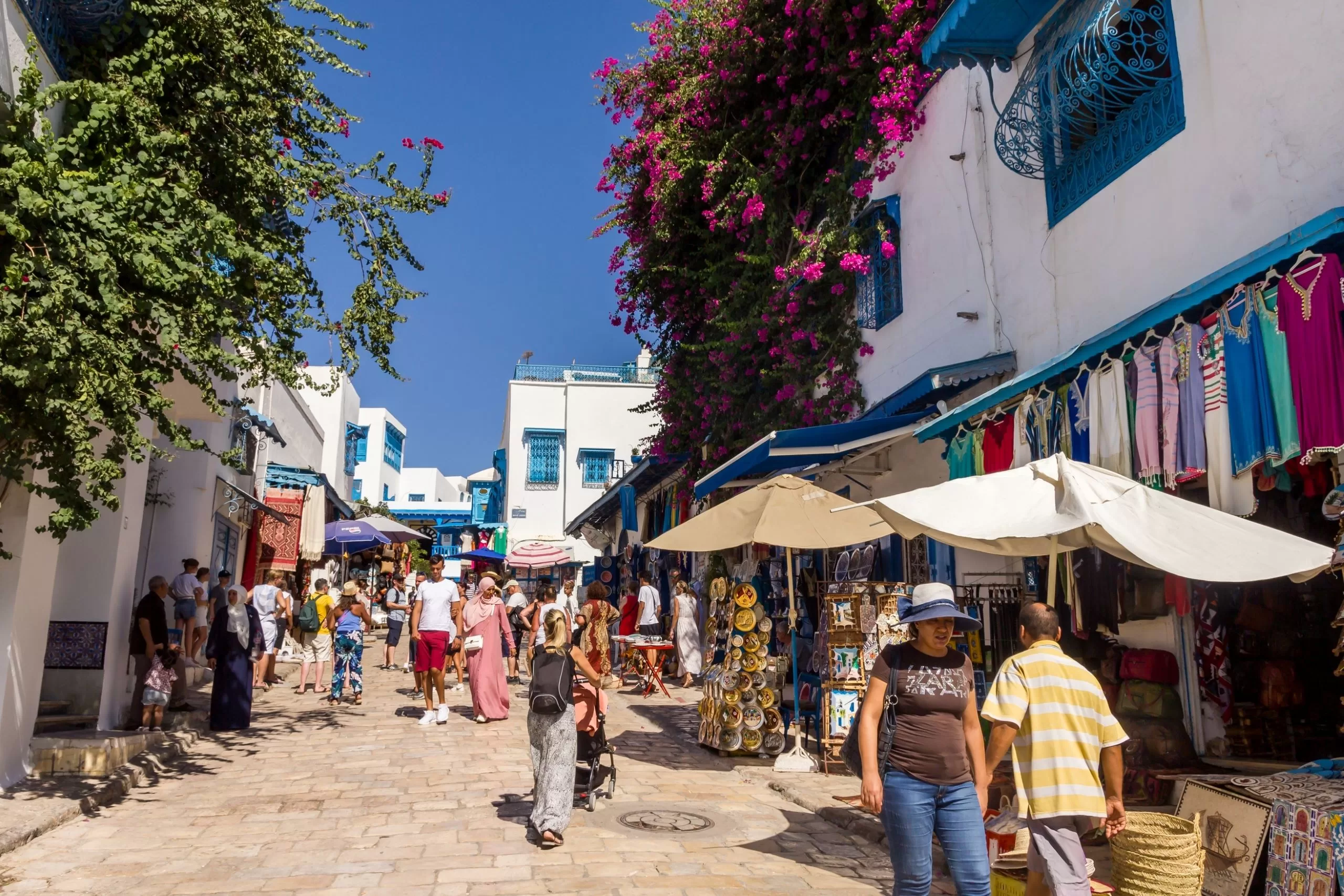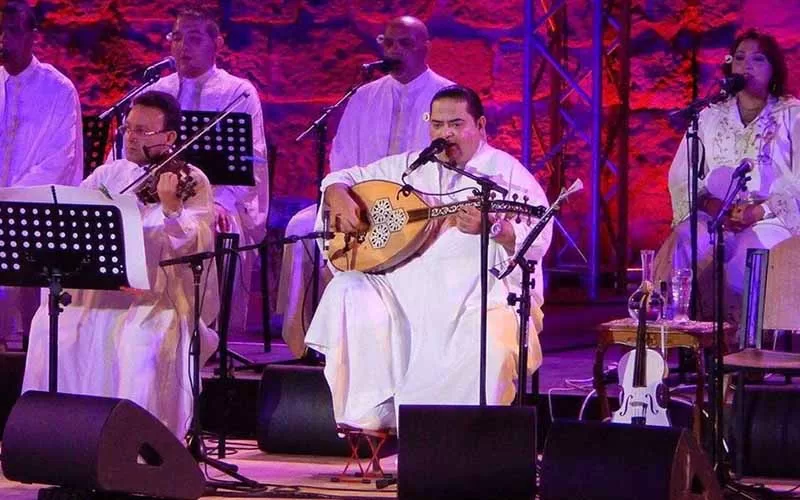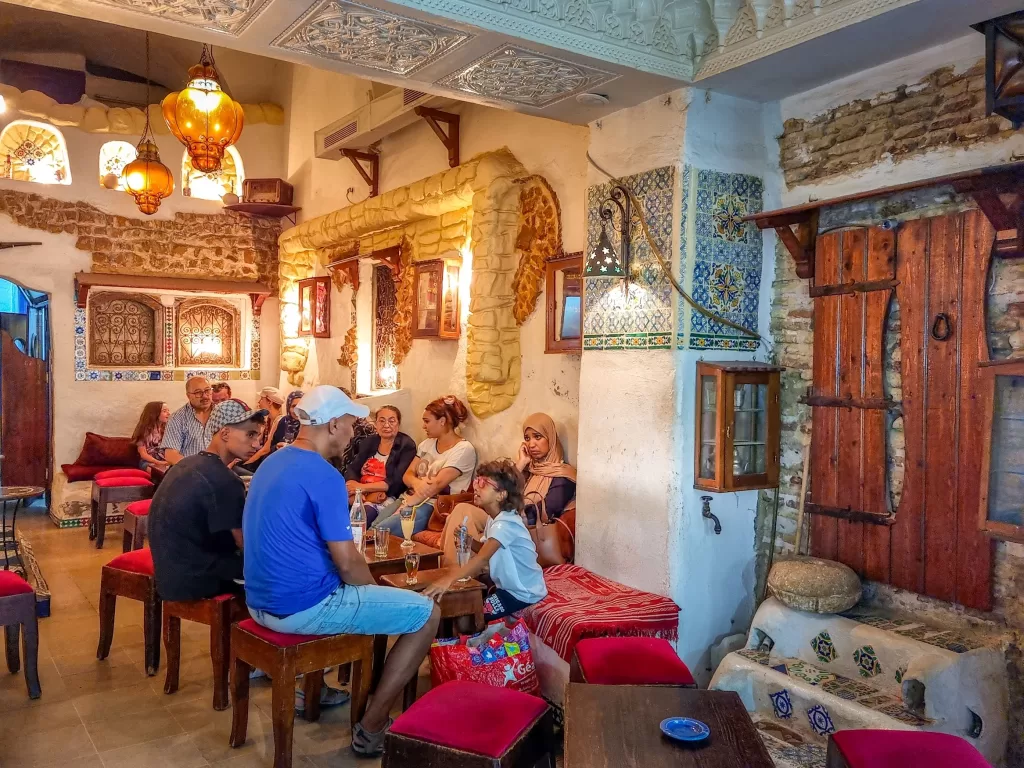Tunisian lifestyle is a captivating mosaic shaped by its rich history and diverse ethnic influences. Nestled in North Africa along the Mediterranean coast, Tunisia is renowned for its cultural richness, warm hospitality, and picturesque landscapes. From its cuisine to its daily routines, Tunisia offers a lifestyle deeply rooted in its unique heritage. Let’s dive into the different facets that define life in this fascinating country.

A Rich Tapestry of Cultures
Tunisia’s population is primarily Arab-Berber, with Berbers being the indigenous people of the region. Over centuries, the country has seen influences from various civilisations, including the Phoenicians, Romans, Arabs, and French, which have all left their mark on Tunisian culture.
While Arabic is the official language, French is widely spoken due to the country’s colonial past. The majority of Tunisians are Sunni Muslims, and religion plays a significant role in their everyday lives, with Islamic practices and traditions influencing many aspects of the culture.
Tunisian Homes: A Blend of Functionality and Style
Tunisian homes reflect a mix of practicality and aesthetic appeal. In urban areas, modern apartments and houses often feature contemporary designs while still incorporating traditional elements like geometric tile patterns and intricate ironwork. In rural settings, homes are more modest and often built with local materials to suit the climate.
One iconic type of dwelling is the troglodyte houses of Matmata, where homes are carved into the ground to provide natural insulation against extreme temperatures. Courtyard houses, with their central open space, are also common and embody Tunisia’s cultural emphasis on family and hospitality.

Culinary Delights: A Taste of Tunisia
Tunisian cuisine is a culinary adventure that reflects its Mediterranean location and diverse cultural influences. Known for its bold flavours and liberal use of spices, Tunisian food often features ingredients like olive oil, harissa (a spicy red chilli paste), tomatoes, and fresh herbs.
Popular dishes include couscous, the national dish, typically served with lamb or fish and vegetables; brik, a crispy pastry filled with egg, tuna, or minced meat; and lablabi, a hearty chickpea stew flavoured with garlic and cumin. Desserts like makroudh and bambalouni are sweet treats that often accompany celebrations.
Meals are a social affair, with families gathering around large communal platters. Tea, particularly green tea infused with mint or pine nuts, is a staple of Tunisian hospitality.

Daily Lifestyle and Habits
Tunisians generally lead a balanced lifestyle, blending work, family, and leisure. Family is at the heart of Tunisian society, and weekends are often dedicated to spending time with loved ones.
In cities, daily life revolves around bustling markets (souks), cafés, and workplaces. Cafés are especially popular, serving as meeting places for friends and colleagues to discuss everything from politics to football over a cup of coffee or tea.
In rural areas, life tends to be more traditional, with many people engaged in agriculture or artisanal crafts. Tunisians have a strong connection to their land, and traditional practices like olive oil production and weaving are still widespread.

Arts, Music, and Fashion
Tunisia has a rich artistic heritage, with influences ranging from Arab-Andalusian traditions to modern contemporary art. The country is known for its malouf, a type of classical Arabic music, as well as popular genres that fuse traditional rhythms with global trends.
When it comes to fashion, Tunisians effortlessly combine traditional and modern styles. The jebba, a traditional garment for men, and the safsari, a light shawl for women, are still worn on special occasions. On the streets, however, contemporary Western fashion is more common, particularly among the younger generation.

A Country of Contrasts
Tunisia’s lifestyle is marked by contrasts—coastal towns like Sidi Bou Said exude Mediterranean charm, while the vast Sahara offers a tranquil escape into nature. The blend of traditional values with modern living is perhaps Tunisia’s greatest charm, offering visitors and residents a unique experience.
Whether you’re drawn to its bustling souks, delicious food, or the serenity of its landscapes, Tunisia offers an unforgettable glimpse into the richness of North African culture. Explore more about Tunisia and other cultures on our site. Share your thoughts and stories in the comments!


